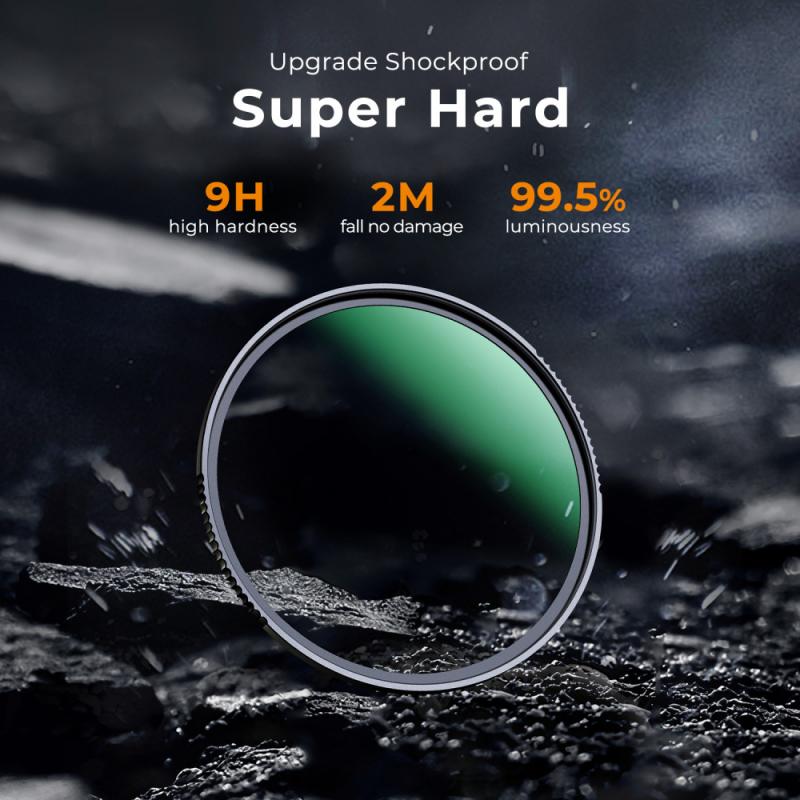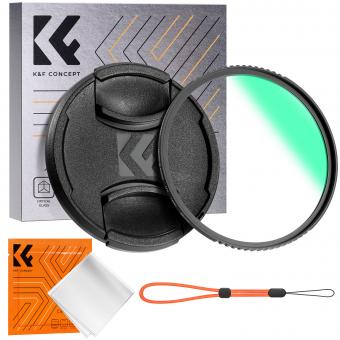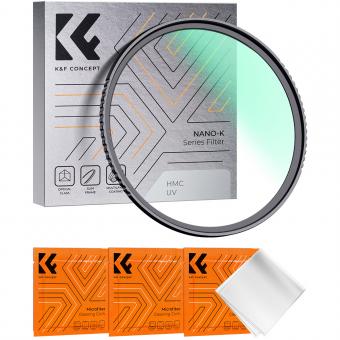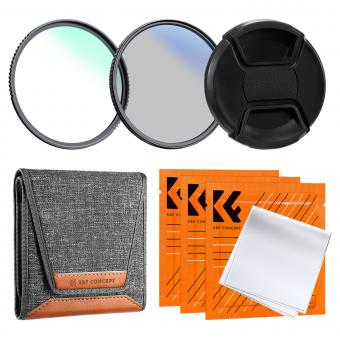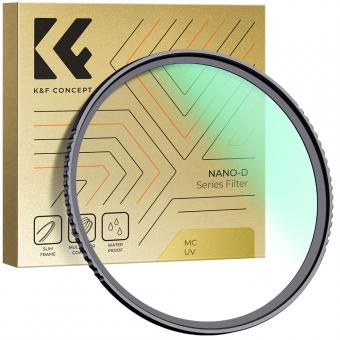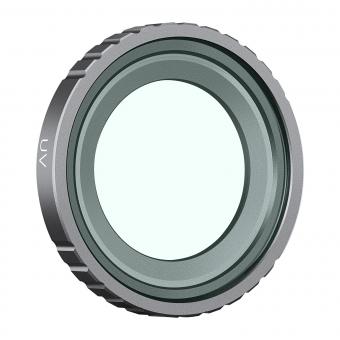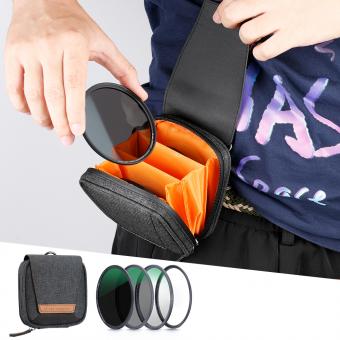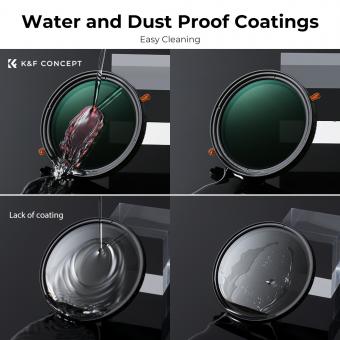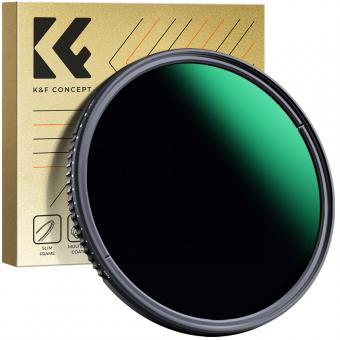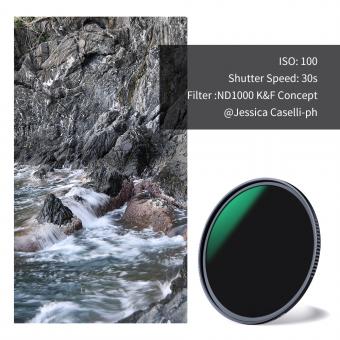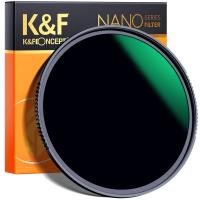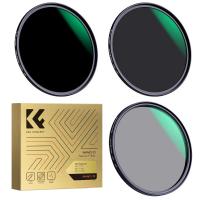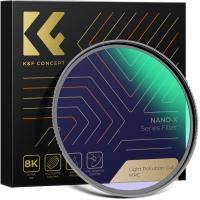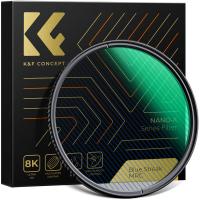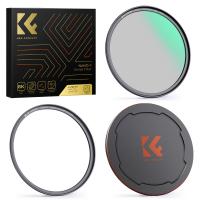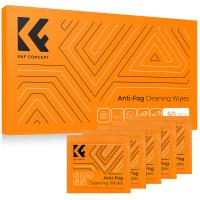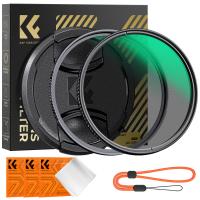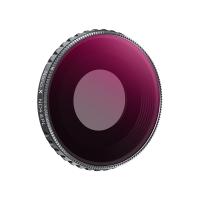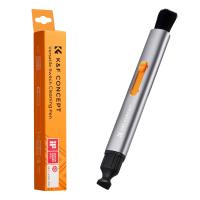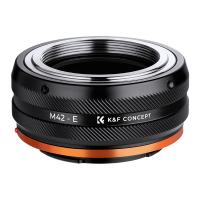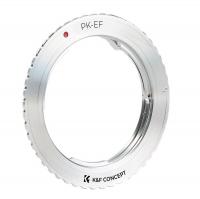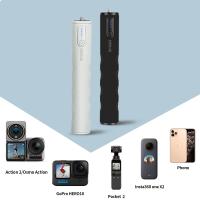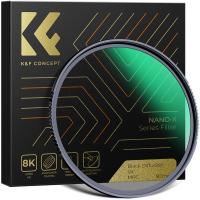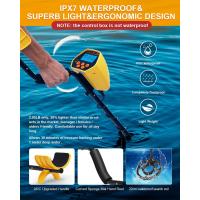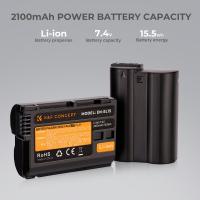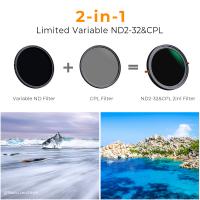Are Uv Lens Filters Necessary ?
UV lens filters are not necessary in all situations, but they can be beneficial in certain circumstances. UV filters are primarily used to block ultraviolet light from entering the camera lens, which can cause hazy or bluish images, especially in high-altitude or coastal areas. They can also provide some protection to the front element of the lens from scratches, dust, and moisture. However, it is important to note that modern digital cameras already have built-in UV filters, so the necessity of an additional UV filter is debatable. Some photographers prefer to use UV filters as a precautionary measure to safeguard their lenses, while others argue that it can potentially degrade image quality. Ultimately, the decision to use a UV filter depends on personal preference and the specific shooting conditions.
1、 Purpose of UV Lens Filters in Photography
UV lens filters are not necessary in modern digital photography. In the past, when film cameras were more prevalent, UV filters were commonly used to reduce the effects of ultraviolet light on film. However, with the advancement of digital sensors, the need for UV filters has diminished significantly.
Digital camera sensors are designed to be less sensitive to UV light compared to film, and most modern lenses also have built-in coatings that reduce the impact of UV rays. Therefore, using a UV filter on a digital camera does not provide any significant benefit in terms of image quality or protection.
In fact, using a UV filter can potentially introduce unwanted issues such as lens flare, reduced contrast, and increased risk of lens flare. Additionally, adding an extra layer of glass in front of the lens can degrade image sharpness and introduce potential optical distortions.
That being said, there are still some situations where a UV filter may be useful. For example, if you are shooting in a dusty or sandy environment, a UV filter can provide an extra layer of protection for your lens against scratches and debris. Similarly, if you are shooting near water or in harsh weather conditions, a UV filter can act as a barrier against moisture and potential damage.
Ultimately, the decision to use a UV filter in photography is a personal one. It is important to weigh the potential benefits against the potential drawbacks and make an informed choice based on your specific shooting conditions and preferences.
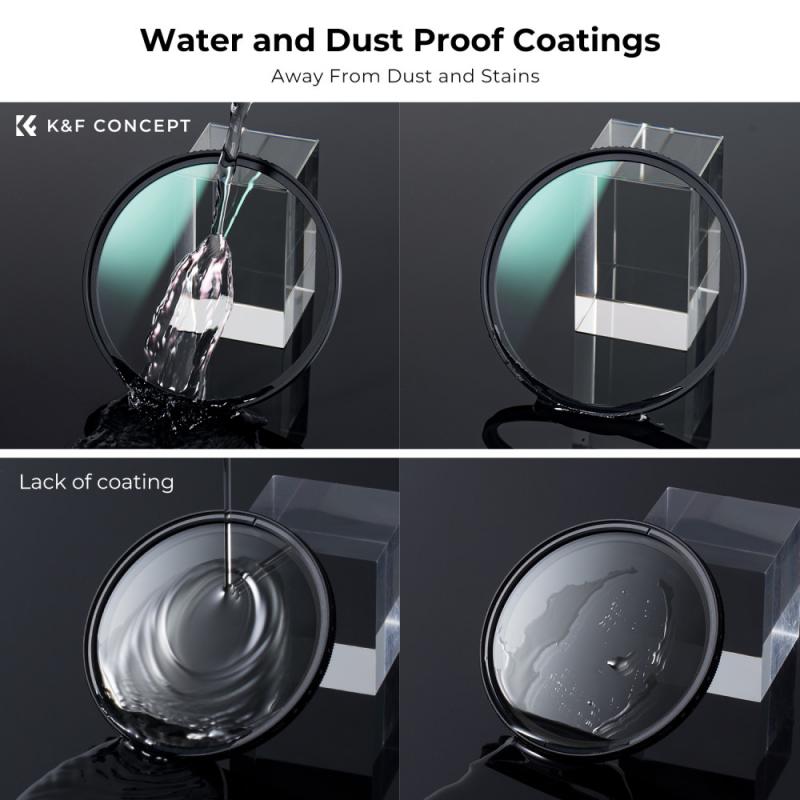
2、 Protection Against UV Rays with Lens Filters
Protection Against UV Rays with Lens Filters
UV lens filters are an essential accessory for photographers, providing protection against harmful ultraviolet (UV) rays. These filters are designed to block out UV light, which can cause a range of issues such as haze, reduced contrast, and potential damage to both the camera sensor and the photographer's eyes.
While modern camera sensors have built-in UV filters, they are not always sufficient to completely eliminate the negative effects of UV rays. UV lens filters offer an additional layer of protection, ensuring that the captured images are free from unwanted UV-induced distortions. They also help to enhance image quality by reducing the amount of UV light that reaches the camera sensor.
Moreover, UV lens filters are particularly beneficial when shooting in high-altitude or coastal environments, where UV rays are more intense. These filters can effectively reduce the bluish cast caused by UV light, resulting in clearer and more vibrant images.
It is worth noting that some photographers argue that UV lens filters are unnecessary in the digital age, as post-processing software can remove any unwanted effects caused by UV rays. While this is true to some extent, it is important to remember that prevention is always better than correction. By using a UV lens filter, photographers can save time and effort in post-processing, ensuring that their images are of the highest quality straight out of the camera.
In conclusion, UV lens filters are necessary for photographers who want to protect their equipment and capture the best possible images. While there may be differing opinions on their necessity in the digital age, the benefits of using UV filters in terms of image quality and protection against UV rays are undeniable.
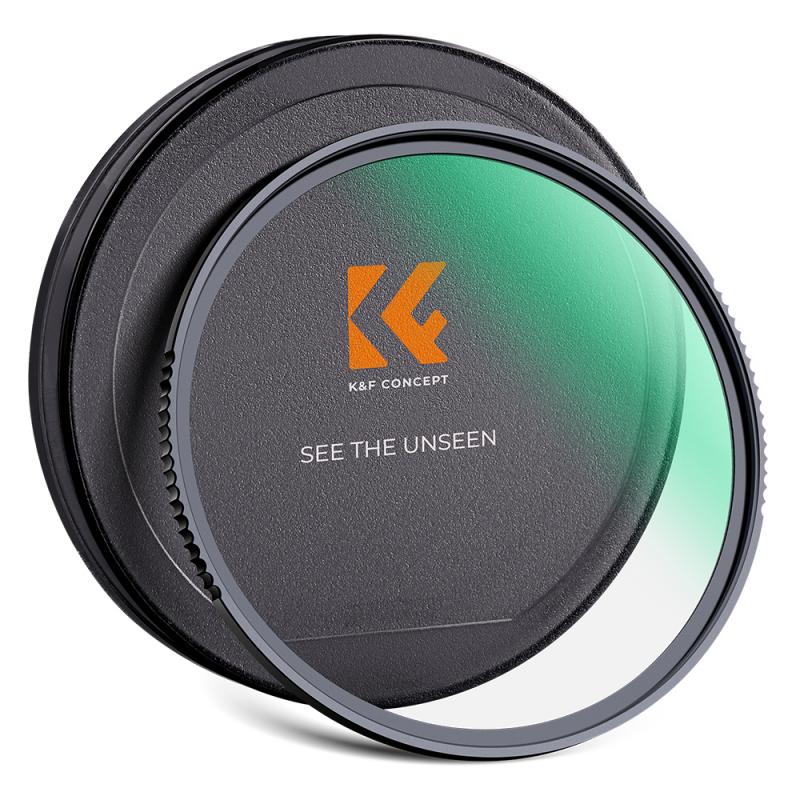
3、 Impact of UV Filters on Image Quality
The question of whether UV lens filters are necessary is a topic of debate among photographers. UV filters were originally designed to block ultraviolet light and protect the front element of the lens from scratches, dust, and moisture. However, with advancements in lens coatings and the use of high-quality lens hoods, the need for UV filters has become less clear.
One argument against the necessity of UV filters is that modern lenses already have built-in coatings that effectively reduce the impact of UV light. These coatings not only minimize the effects of UV rays but also enhance image quality by reducing lens flare and ghosting. Additionally, lens hoods provide an extra layer of protection against physical damage to the front element of the lens.
On the other hand, proponents of UV filters argue that they can still provide some benefits. While the impact of UV light on image quality may be minimal, UV filters can act as an additional layer of protection against scratches, dust, and moisture. They can also be easily cleaned or replaced if they become damaged.
It is important to note that the use of UV filters can have some drawbacks. Some photographers claim that UV filters can introduce lens flare or reduce image sharpness, especially when using lower quality filters. However, high-quality UV filters are available that minimize these issues.
In conclusion, the necessity of UV lens filters depends on individual preferences and shooting conditions. While modern lenses and lens coatings have reduced the impact of UV light on image quality, UV filters can still provide some protection for the front element of the lens. Ultimately, photographers should consider their shooting environment and the quality of their equipment when deciding whether to use UV filters.
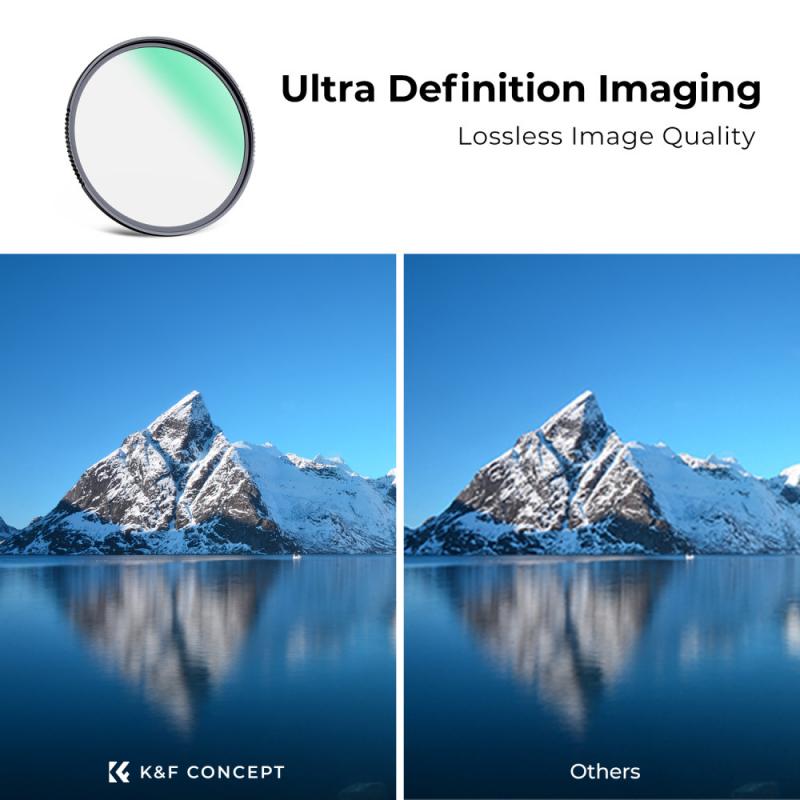
4、 Alternatives to UV Lens Filters for UV Protection
UV lens filters are not necessary for all photographers, as modern camera lenses are already equipped with coatings that provide UV protection. These coatings are designed to reduce the amount of UV light that reaches the camera's sensor, ensuring that images are not affected by UV radiation. Therefore, using an additional UV lens filter may not provide any significant benefits in terms of UV protection.
However, there are still some situations where UV lens filters can be useful. For example, if you frequently shoot in harsh environments where your lens may be exposed to dust, dirt, or potential scratches, a UV filter can act as a protective barrier. It can help safeguard the front element of your lens from damage, which can be costly to repair or replace.
That being said, there are alternatives to UV lens filters for UV protection. One option is to use a lens hood, which can help block out UV rays and reduce the risk of lens flare. Another alternative is to be mindful of the shooting conditions and avoid shooting in direct sunlight for extended periods. Additionally, post-processing software can be used to correct any minor color shifts caused by UV radiation.
It is important to note that opinions on the necessity of UV lens filters may vary among photographers. Some argue that the benefits of UV filters are minimal and can potentially degrade image quality, while others believe that the added protection outweighs any potential drawbacks. Ultimately, the decision to use a UV lens filter should be based on personal preference and shooting conditions.
